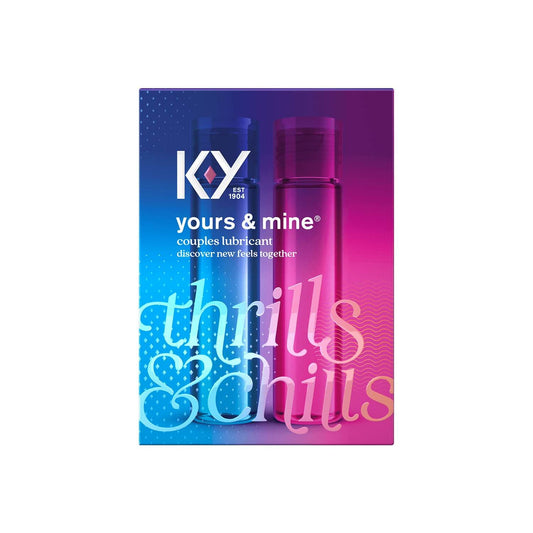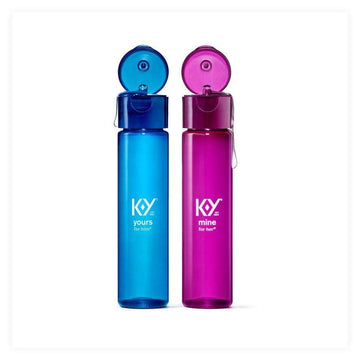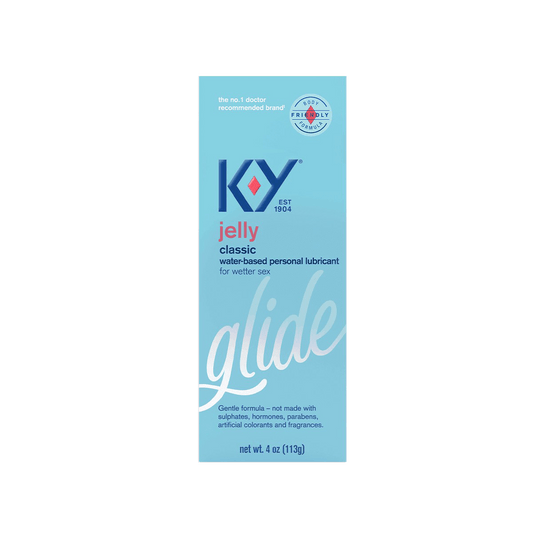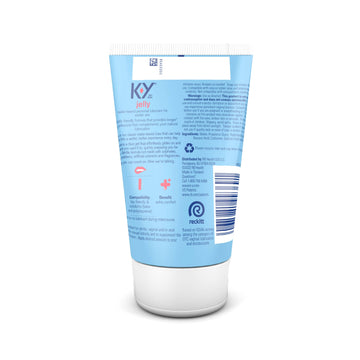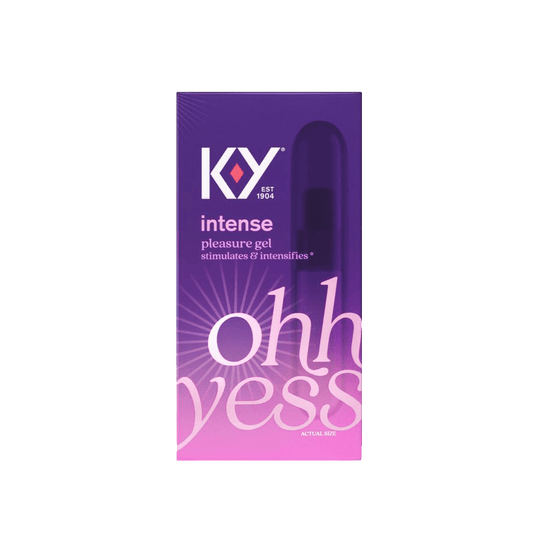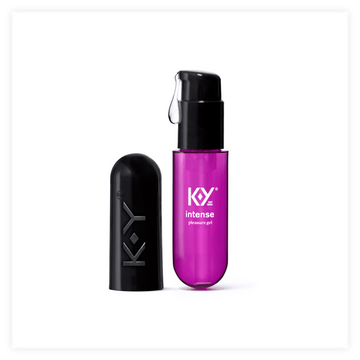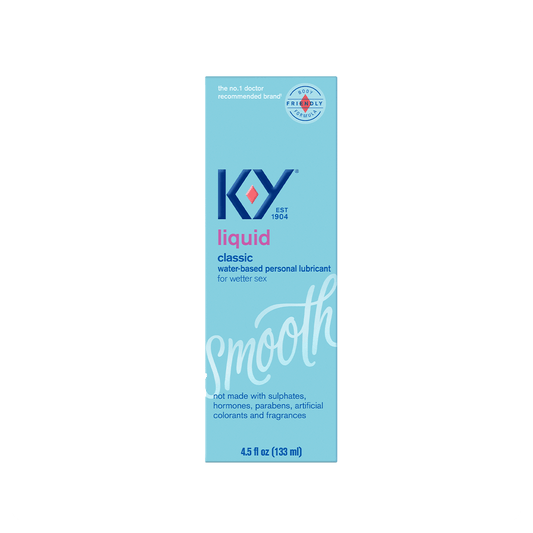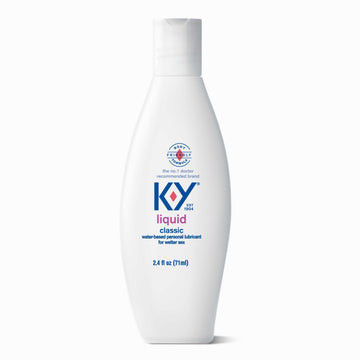Finding The Best Vibrator for Women
Find the right toy for you and enjoy good vibrations
Though once upon a time, talking about a vibrator – let alone owning one – might have been a taboo topic, it is not anymore. A 2009 Indiana University (IU) study found that vibrators are showing up in U.S. bedrooms in a big way, with more than half of all women between the ages of 18 and 60 saying they use them either alone or with their partner. Plus, a 2011 study published in the Journal of Sex and Marital Therapy found that most people – male and female alike – have high positive and low negative beliefs about women's vibrator use2.
As vibrators become more universally accepted and leave the world of “solely a tool for sex,” they’ve become a fun way to enhance your relationship. Read on for some of the most compelling reasons to get one for you and your partner.
We will cover:
- What Is a Vibrator Sex Toy
- Benefits of a Vibrator
- Vibrators Boost Your Libido
- Vibrators Help You Have More Sex
- Vibrators Boost Your Confidence
- Vibrators Help You Have No Fear
What is a Vibrator Sex Toy?
A vibrator sex toy is a specially designed device that you can use to reach climax, either with a partner or on your own. They come in all shapes and sizes and include:
- Clitoral Vibrators
- Bullet Vibrators
- Combination Vibrators
- Wand Vibrators
- Rabbit Vibrators
- G-Spot Vibrators
- Wand
- Vibrating Tables
Benefits of a Vibrator
Using a vibrator, besides from being a quick shortcut for achieving orgasm, comes with a whole host of mental, sexual, and physical benefits. We have compiled a list of reasons why you should consider using a vibrator on a regular basis, both with and without your partner. Read on below to learn more.
Vibrators May Help You Boost Your Libido
Recent research shows that vibrators may help your libido. The IU research found that, compared with women who hadn’t used a vibrator recently (if ever), those who had used one in the previous month reported higher levels of sexual desire and arousal, as well as lubrication1.
The study authors noted that the pleasure women get with vibrators may light a spark that causes them to crave more intimacy.
Women Using Vibrators Enjoy More Between-the-Sheets Action
Experts also recommend using vibrators to help achieve an orgasm more easily. Studies report that among heterosexual women, they only orgasm during 50 to 70 percent of sexual encounters3. But sex therapists say that women may learn more to enjoy intimacy even more with the aid of a vibrator.
That’s at least partly because using these titillating tools helps you figure out what turns you on, but also because you can use a vibrator during intimacy to ensure maximum stimulation.
Vibrates Help You Love Your Body Even More
The Indiana University study also found that women who reported using vibrators were also more likely to have had a gynecological exam within the past year, as well as to have performed genital self-exams during the previous month1. Researchers said it could be that using a vibrator helps women feel more comfortable with their bodies and less anxious about their doctor’s visits.
Vibrators Help You Have No Fear
Of course, women may be wary of using vibrators for a variety of reasons – including fear of possible pain – but the Indiana University researchers found that the majority of those who used vibrators didn’t experience any negative side effects, such as genital numbness or pain.
Meanwhile, a University of North Carolina study published in 2009 found that vibrators could be effective for relieving vulvar pain, actually making intercourse less painful and intimacy more enjoyable4.
Vibrators Help You Discover a New Level of Intimacy
Most importantly, adding a vibrator to you and your partner’s bedroom routine is a great way to take your intimacy to the next level. This small, intimate tool helps you explore new romantic adventures, serving as just another way to bring you closer to your partner both in and out of the bedroom.
Bottom line? Vibrators have been getting hearty endorsements in both the medical community and the bedroom, and the buzz only appears to be getting stronger. Don’t know where to start? Check out our selection today!
FAQ:
How to Choose the Best Vibrator for Women
There are a whole host of considerations that you should bear in mind when buying the best vibrator for women. You might want to focus on pleasure, customizability, and ease of use. Or you could be interested in the safety concerns, cleanliness, sound levels, or even the price point. When you choose your vibrator, you should consider pairing it with a K-Y lube.
How Often Do Women Use Vibrators?
Over 65% of American women have used a vibrator own a vibrator right now, with plenty of them using it to pleasure themselves each month5. Simply put, vibrator use is all around us; it’s never too late to start today.
Resources
- Indiana University, 2009, IU researchers find vibrator use to be common, linked to sexual health
- Journey of Sex & Marital Therapy, 2011, Beliefs About Women's Vibrator Use: Results From a Nationally Representative Probability Survey in the United States
- Psychology Today, 2016, Why So Many Women Don’t Have Orgasms
- NIH, 2008, Patient perceptions of vulvar vibration therapy for refractory vulvar pain
- Statista, 2017, Sex toy ownership of female consumers in the U.S. 2017



